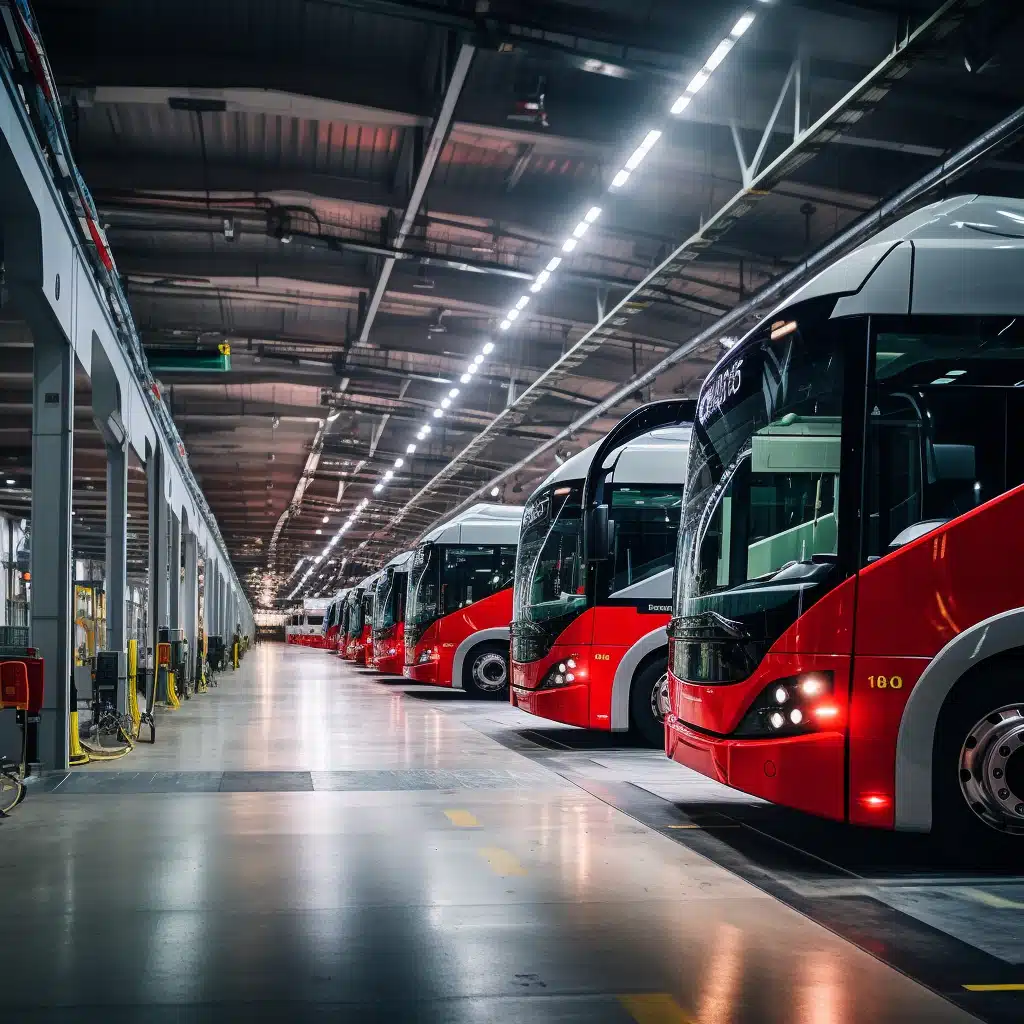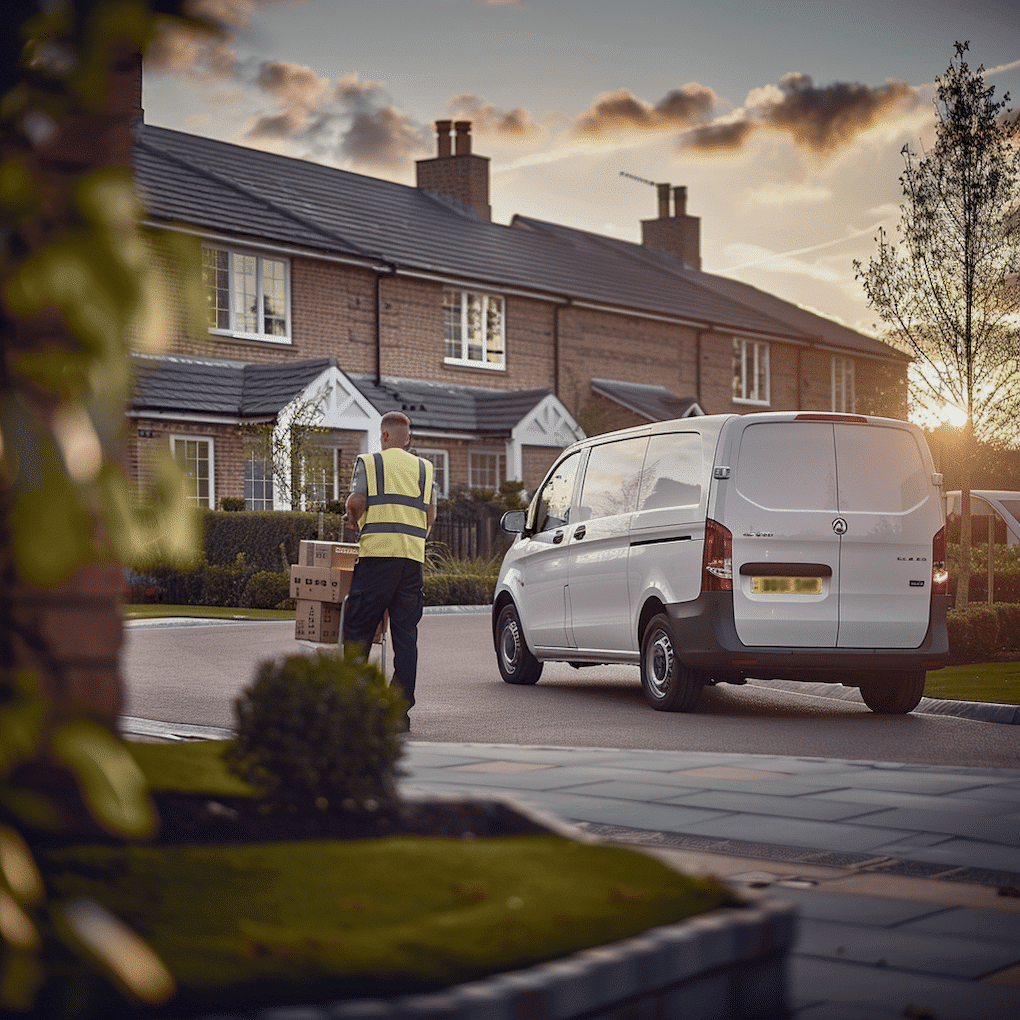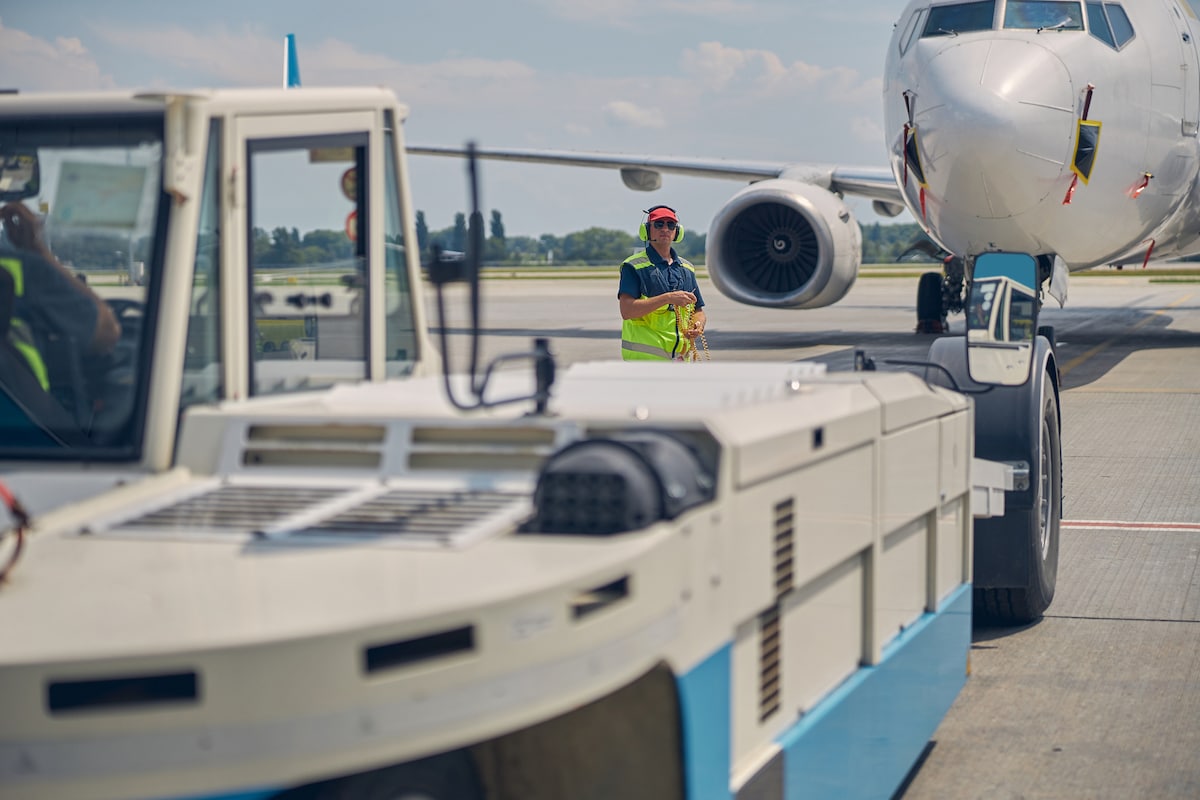Who We Work With

Each sector has different fleet characteristics
The critical success factor for fleet electrification is bespoke design and planning around specific requirements. Key components include vehicle types, routes, operational patterns and energy availability, all of which vary between industry sectors. Below are some of the industries we work with.
Contact us to talk to an expert in your industry
Large networks and small independents
EV bus technology is available at scale, and adoption is accelerating, thanks to ambitious targets and investment pledges by the UK government. The challenges are around financing, knowledge, and capacity to change. Some bus operators are turning to a turnkey managed service as the solution. It’s worth noting that China’s bus networks went fully electric in 2017.
Learn more >
Public sector and private contractors
Specialist electric refuse collection vehicles – eRCVs – and extremely tight margins are what characterise this sector. With predictable routes and robust telematics data, electrification readiness can be readily assessed. This optimises the EV fleet design, implementation and operations for maximum cost efficiency.
Learn more >
First mile to last mile distribution at scale
With the UK Government’s zero-emission vehicle (ZEV) targets for LCVs (light commercial vehicles) for 2024 to 2035, logistics companies are just one capital cycle away from fleet electrification. The challenges include vehicle sourcing, financing, power supply and making the transition in a complex, low-margin industry. The upsides are significant in carbon emission savings, air-quality and brand image.
Learn more >
Supermarkets, food and manufacturers
Consumer pressure requires retailers to focus on sustainability in all aspects of their business including distribution. With multiple vehicle types from LCVs to HGVs operating from multiple depots typically spread across the country, fleet electrification is a significant transformation. Retailers can transition shorter routes and smaller vehicles first, developing the business case and robust transition plans.

Aviation is at the heart of the energy transition
Airports have a role to play in tackling major emissions through electrification, including ground vehicles, EV tugs for taxing, electrification of auxiliary power units and the creation of ULEZ zones to reduce emissions from airport access.
There is increasing pressure to electrify, as well as significant business and reputational benefits to be unlocked.

